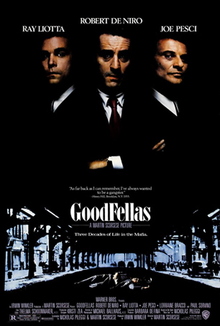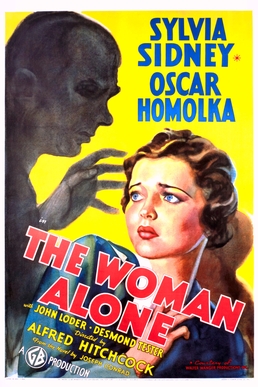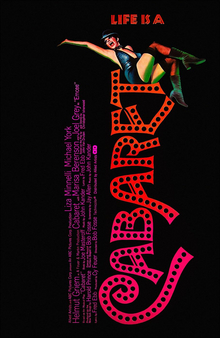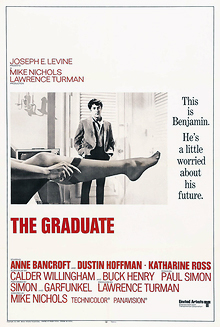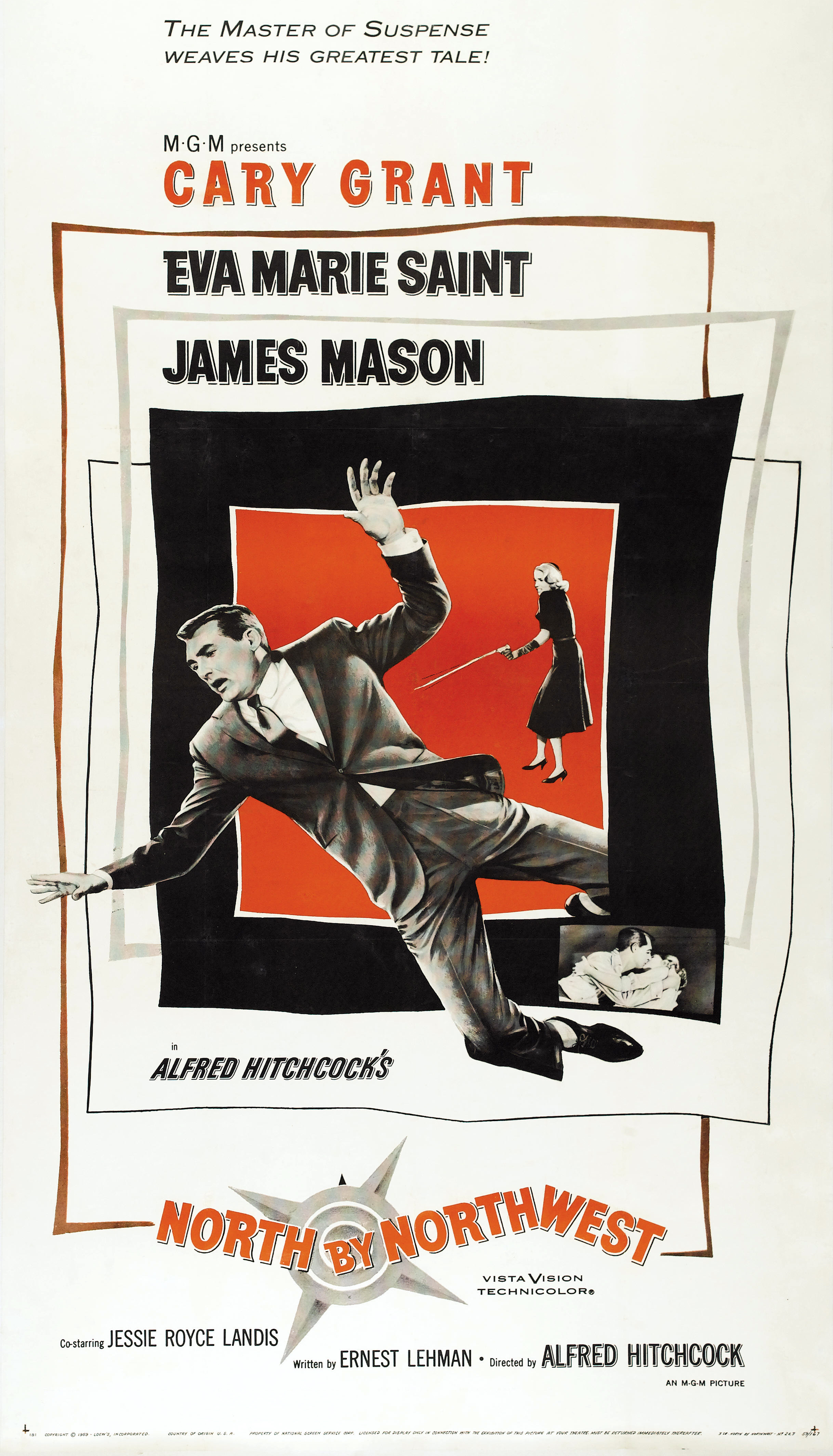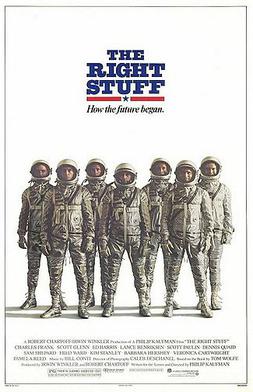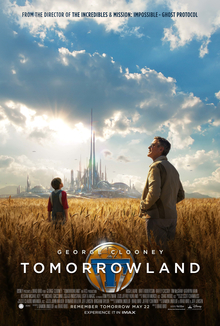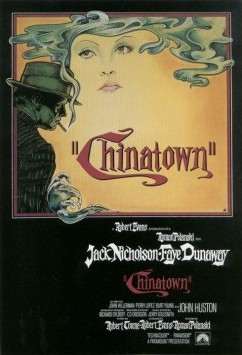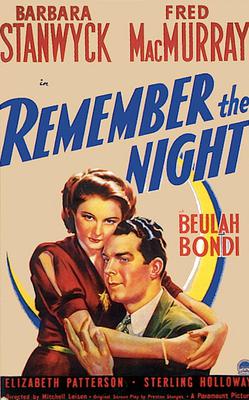 |
| Kristen Stewart and Juliette Binoche in Clouds of Sils Maria |
Valentine: Kristen Stewart
Jo-Ann Ellis: Chloë Grace Moretz
Klaus Diesterweg: Lars Eidinger
Christopher Giles: Johnny Flynn
Rosa Melchior: Angela Winkler
Henryk Wald: Hanns Zischler
Director: Olivier Assayas
Screenplay: Olivier Assayas
Cinematography: Yorick Le Saux
Production design: François-Renaud Labarthe
Film editing: Marion Monnier
Olivier Assayas's Clouds of Sils Maria demands almost as much attention after you've finished it as it did while you were watching/reading it. The set-up is this: An actress, Maria Enders, is asked to perform in a revival of the play that made her famous when she was only 18. Now that she's in her 40s, however, she will play the older woman who has a relationship with the character she earlier played. She accepts reluctantly, and then wants to back out when she finds that the younger actress, Jo-Ann Ellis, who has been cast in her original role is a Hollywood star best known not only for working in sci-fi blockbusters but also for her off-screen affairs that draw the attention of the paparazzi and Internet gossip sites. However, Maria's personal assistant, Valentine, thinks Jo-Ann is a good actress who has been exploited by the media, and persuades Maria to take the role. Maria and Valentine retreat to the home of the play's author, who has recently died, in Sils Maria, a Swiss village, where Valentine helps Maria learn her lines. As the film progresses, the lines of the play echo not only Maria's own feelings about growing older, but also the somewhat ambiguous relationship between Maria and Valentine. Indeed, it's often not entirely clear whether actress and assistant are reciting the lines of the play or are voicing their own feelings for each other. And then the casting of the film brings out another layer of meaning: Stewart is best-known for the Twilight movies, precisely the kind of Hollywood film that Maria turns up her nose at when she first hears about Jo-Ann's career. Assayas, who also wrote the screenplay, deftly juggles all these layers of art and reality, but the film would be nothing without Stewart's superb performance, which won her the César Award in France as well as the best supporting actress awards from the New York Film Critics Circle and the National Society of Film Critics. There are those who think the film is more talk than substance and that it feels like a "high-concept" product: Persona (Ingmar Bergman, 1966) meets All About Eve (Joseph L. Mankiewicz, 1950), perhaps. But seeing Stewart interact with Binoche more than justifies it for me.
